F. X. Feeney
Birth : 1953-09-01, New York City, New York, USA
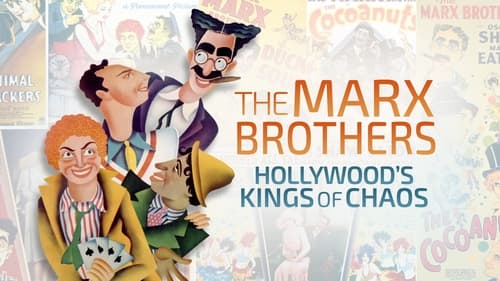
Self
A documentary about the Marx Brothers containing interviews with Leonard Maltin, Dick Cavett and others.

Director
Journalist and critic F. X. Feeney talks with the Coppolas about the production with specific details and interpretations of the original story.

Director
Francis Ford Coppola expanding his love of the film.

Self
Francis Ford Coppola expanding his love of the film.

Self
Journalist and critic F. X. Feeney talks with the Coppolas about the production with specific details and interpretations of the original story.

Self
A documentary about the influential independent film production company The Shooting Gallery.
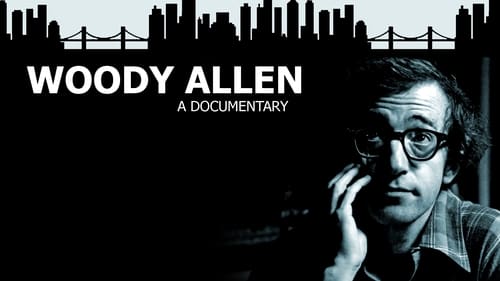
Self
Iconic writer, director, actor, comedian and musician Woody Allen allowed his life and creative process to be documented on-camera for the first time. With this unprecedented access, Emmy-winning, Oscar-nominated filmmaker Robert B. Weide followed the notoriously private film legend over a year and a half to create the ultimate film biography. "Woody Allen: A Documentary" chronicles Allen's career - from teen writer to Sid Caesar's TV scribe, from stand-up comedian to award-winning writer-director averaging one film-per-year for more than 40 years. Exploring Allen's writing habits, casting, directing, and relationship with his actors first-hand, new interviews with A-listers, writing partners, family and friends provide insight and backstory to the usually inscrutable filmmaker.

Self
Documentary exploring the production of "The Night of the Hunter."
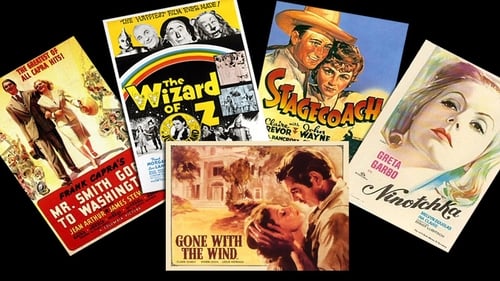
Self
This documentary focuses on 1939, considered to be Hollywood's greatest year, with film clips and insight into what made the year so special.

Himself
The making of Quo Vadis (1951).

Himself
A tribute to the work of Alfred Hitchcock, featuring contemporary filmmakers, writers, performers, and cultural critics.
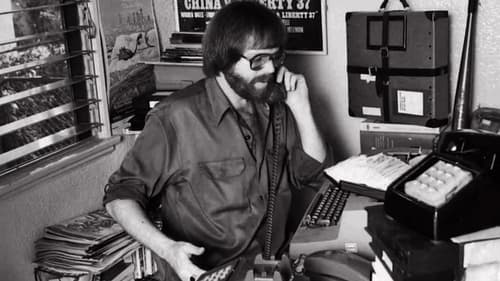
Co-Producer
A documentary on the Z Channel, one of the first pay cable stations in the US, and its programming chief, Jerry Harvey. Debuting in 1974, the LA-based channel's eclectic slate of movies became a prime example of the untapped power of cable television.

Interviewee
When World War II broke out, John Ford, in his forties, commissioned in the Naval Reserve, was put in charge of the Field Photographic Unit by Bill Donavan, director of the soon-to-be-OSS. During the war, Field Photo made at least 87 documentaries, many with Ford's signature attention to heroism and loss, and many from the point of view of the fighting soldier and sailor. Talking heads discuss Ford's life and personality, the ways that the war gave him fulfillment, and the ways that his war films embodied the same values and conflicts that his Hollywood films did. Among the films profiled are "Battle of Midway," "Torpedo Squadron," "Sexual Hygiene," and "December 7."
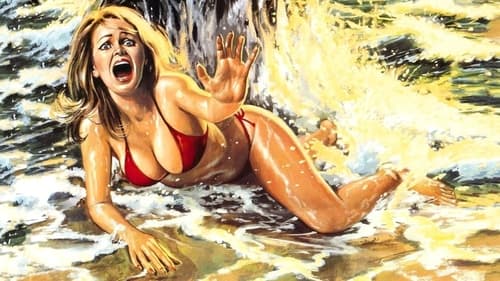
Himself
Hollywood is a town of tinsel and glamour; but there is another Hollywood, a place where maverick independent exploitation filmmakers went toe to toe with the big guys and came out on top.

Screenplay
Blake Pellarin is on the campaign trail to become president of the United States. While making a stop in St. Louis, a chance encounter brings his past back to haunt him.
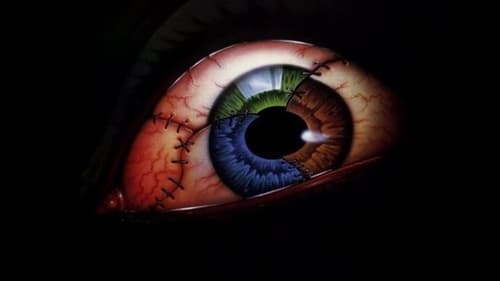
Screenplay
The ultimate weapon, claimed to be safe for mankind, produces global side-effects including time slides and disappearances. The scientist behind the project and his car are zapped from the year 2031 to 1817 in Switzerland where he meets Dr. Victor Frankenstein, Mary Shelley and others.

Self
This 1986 documentary features interviews with director Alexander Mackendrick, actor Burt Lancaster, producer James Hill, and others.










